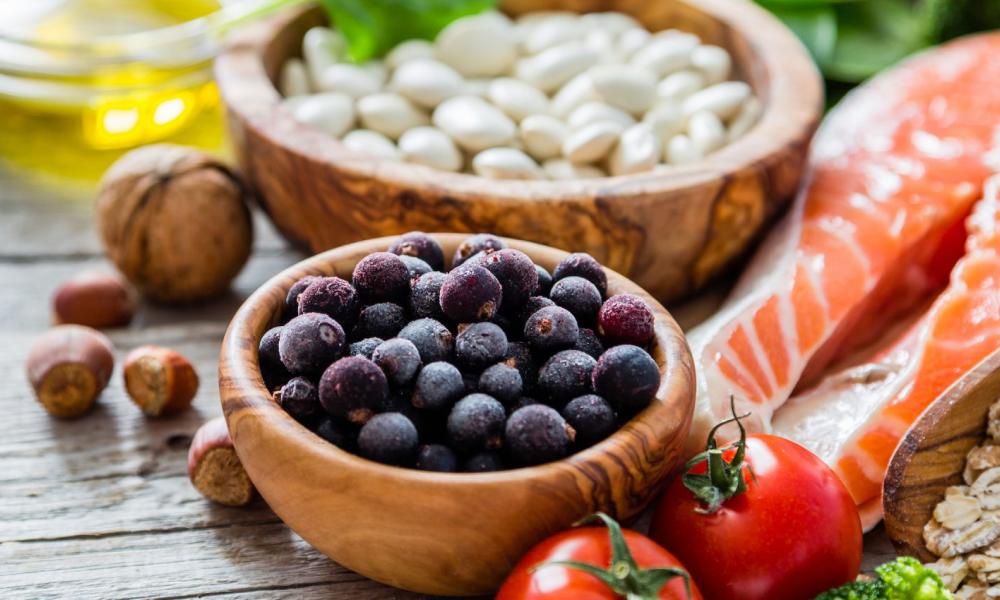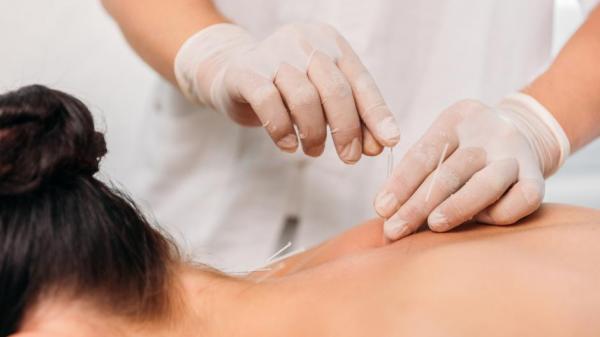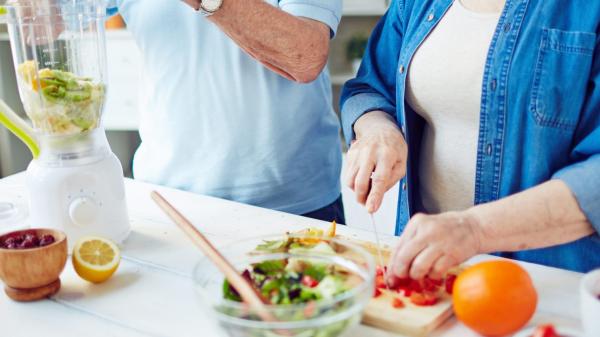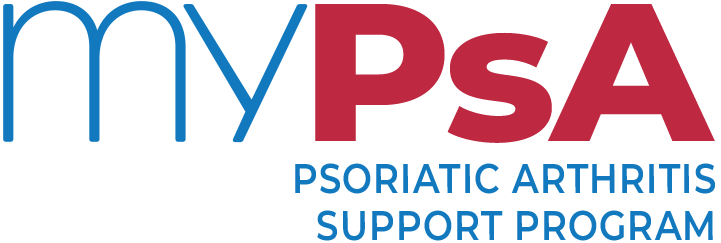
Is there a diet to cure psoriatic arthritis?
No diet has been proven by research to cure PsA. Be very cautious of special diets or supplements that claim to cure PsA. The best diet for PsA is a healthy, balanced one. This can help maintain a healthy weight and prevent other health problems. If you have psoriasis, a healthy diet may lessen the severity of symptoms.
Choosing the right fats
Research suggests that eating foods with healthy fats may help reduce the symptoms of PsA, including psoriasis. They also have other health benefits, such as reduced risk of heart disease.
Healthy fats
- Monounsaturated fat: Researchers have found a link between these types of fats and reduced symptoms, such as pain and swelling. Foods that are high in monounsaturated fats include vegetable oils (olive oil, canola oil, and sunflower oil), avocados and many nuts and seeds.
- Omega-3 fats: Eating foods rich in omega-3 can help reduce inflammation. Foods rich in omega-3 fats include:
- fish: oily fish, such as sardines and salmon
- fish oil supplements: see Fish oils for more information
- ground linseeds and linseed oil (also called flaxseed)
- canola oil (also called rapeseed oil)
- walnuts.
Harmful fats
- Saturated fat: This is a type of fat that comes mainly from red meat, poultry and full-fat dairy products. Saturated fat increases inflammation and cholesterol levels, particularly unhealthy LDL-cholesterol. These fats can increase your risk of cardiovascular disease.
Does weight affect psoriatic arthritis?
The simple answer is yes. Extra body weight increases the stress on joints, particularly the knees, hips and lower back. Weight can also increase your risk of developing psoriasis and increase the severity of existing psoriasis. If you are overweight, losing weight will decrease the stress on your joints, reduce pain and make it easier for you to move around.
Do certain foods cause psoriatic arthritis?
There is little proof that specific foods have an effect on PsA. PsA symptoms usually vary day to day. This makes it hard to know if a change in symptoms is because of a particular change in food or just coincidence. Studies suggest that an anti-inflammatory diet may help manage PsA symptoms, but scientific research is still developing.
What is an anti-inflammatory diet?
Because PsA is an inflammatory condition, adopting an anti-inflammatory diet may help to control symptoms. An anti-inflammatory diet consists of:
- fruits and vegetables
- Whole grain bread, pasta and cereals
- lean proteins, like fish, nuts and seed
- healthy fats, like avocado and olive oil
An anti-inflammatory diet may also help maintain a healthy weight and reduce the risk of developing other conditions, such as heart disease or diabetes.
I heard I should avoid…
Some people with PsA report improvements after avoiding certain foods. However, this may be due to individual food intolerances. These types of foods include:
Nightshade foods: This food group includes tomatoes, potatoes, eggplant and capsicum. Nightshades contain solanine, which is thought to cause inflammation and trigger psoriasis flares. There is no proof that these foods make PsA symptoms worse. In fact, nightshades contain nutrients vitamin C and vitamin A and can help reduce the risk of heart disease.
Acid-producing foods: Arthritis is not caused by eating ‘acidic foods’ like oranges, lemons or tomatoes. Very few foods are as acidic as our digestive juices. ‘acidic’ foods are usually very rich in vitamin C, which is beneficial to the immune system. So, avoiding these may do more harm than good.
Dairy products: Dairy products, like milk, cheese and yoghurt, contain an acid which can cause inflammation. However, there is no proof that dairy products cause arthritis. Dairy products are a rich source of calcium and protein, important building blocks for strong bones and muscles. People with PsA are at higher risk of osteoporosis (thinning of the bones) so dairy products may be extra important to maintain bone health. Remember, full-fat dairy and sugar-sweetened dairy products can contribute to weight gain, which can cause inflammation. Sticking to low-fat dairy or alternative diary choices, like almond or soy milk may help control weight and help reduce inflammation.
Meat and meat products: There is mixed evidence about the effects of vegetarian diets on PsA. These diets tend to increase your intake of vitamins as you eat more vegetables and fruits. Lower levels of fat in this diet may also help you to lose weight, which may help arthritis symptoms. Like dairy, red meat contains an acid which has been reported to cause inflammation. Some people have found that red meat can make their psoriasis worse. However a strict vegetarian diet may mean you miss out on other important nutrients, such as iron, zinc and vitamin B12.
Food intolerance: Some people may have a reaction, such as an upset stomach, after eating or drinking certain foods. This may be due to a food intolerance. If you feel that certain foods are causing problems, talk to a dietitian or your doctor. They may suggest you take a test to check if you have any food intolerances. Do not cut whole food groups from your diet without talking to your doctor first, as you may miss out on important vitamins and minerals.
Limit alcohol intake
The link between alcohol and PsA is not very clear. Some studies suggest that if you have psoriasis, drinking alcohol can increase your risk of developing PsA. Alcohol increases inflammation which can trigger a flare and potentially worsen psoriasis symptoms. Alcohol can also reduce the effectiveness of your medication and may increase your risk of side effects, such as liver damage. You may find it useful to keep track of your alcohol-intake to see if alcohol affects your symptoms. Cutting back on alcohol may help to reduce flares, improve symptoms and help with weight control.
A guide to healthy eating
The best diet for PsA is a healthy, balanced diet. This can help you reach and maintain a healthy weight and reduce your risk of other health problems. Talk to your doctor or see the Australian Dietary Guidelines to learn about the amount and kinds of foods that we need to eat for health and wellbeing. You may also find it helpful to see a dietitian for advice that is tailored to your individual needs.
CONTACT YOUR LOCAL ARTHRITIS OFFICE FOR MORE INFORMATION AND SUPPORT SERVICES.
To find a dietitian, talk to your doctor, contact the Dietitians Australia on 1800 812 942 or use the ‘find an APD’ (Accredited Practising Dietitian) service at https://dietitiansaustralia.org.au/.










